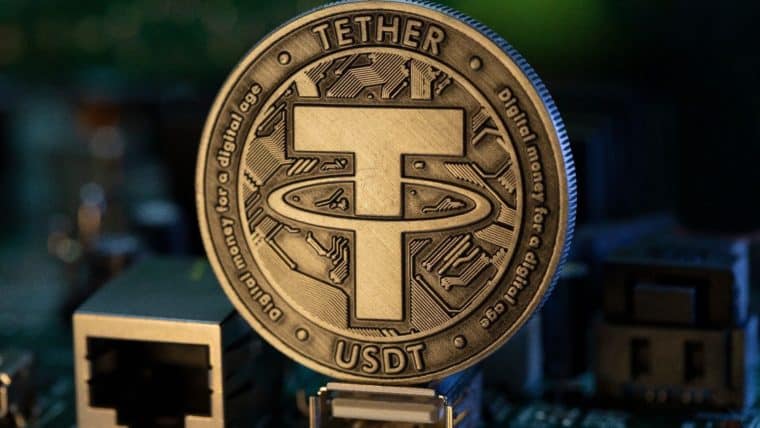Key Points
- Venezuela’s state-owned oil company is using Tether (USDT) to bypass sanctions, according to new reports from Reuters.
- The US reimposed oil sanctions on the country, the press agency notes.
According to the latest reports coming from Reuters, Venezuela’s state-owned oil company PDVSA is starting to use Tether (USDT) in order to bypass the new sanctions that have been placed recently on the country by the US. Tether is currently the largest dollar-pegged stablecoin in the world.
The press agency notes that PDVSA is trying to integrate more usage of USDT as a hedge against having foreign bank accounts frozen.
Reuters cites people familiar with the matter and notes that the US Treasury Department gave PDVSA’s customers and providers time until the end of May to wind down transactions under a general license that it didn’t renew due to a lack of electoral reforms.
This move will end up making it more difficult for the country to increase oil output and experts. Also, companies will have to wait for individual US authorizations to do business with the country.
PDVSA has been moving oil sales to USDT
Since last year, the oil company has been moving oil sales to USDT. Now, the return of the new oil sanctions is basically speeding up this change to the stablecoin. The move aims to reduce the risk of sale proceeds getting frozen in foreign bank accounts, according to the reports.
Reuters also cites the Venezuelan oil minister Pedro Tellechea, who addressed the press agency last week and said that they have different currencies according to what is stated in the contracts. He also added that in some contracts, digital currencies might be preferred as the most viable payment method.
Overall, the global oil market usually prefers the US dollar as the best payment method for transactions. Even if crypto payments are emerging in some countries, they are not too popular yet, according to Reuters.
Back in 2023, PDVSA was shaken by a corruption scandal following the discovery of about $21 billion in unaccounted receivables for oil experts in the past years. The money was related to previous transactions involving other digital assets.
PDVSA also requires any new customer who’s applying to conduct oil transactions to hold crypto in a digital wallet. This has been reportedly enforced even in some old contracts that did not specifically state the use of USDT.
According to Reuters, increasingly relying on middlemen for transactions could turn out helpful for PDVSA to skirt transactions. It will also mean a smaller portion of oil proceeds will end up reaching its pockets, the same notes reveal.
